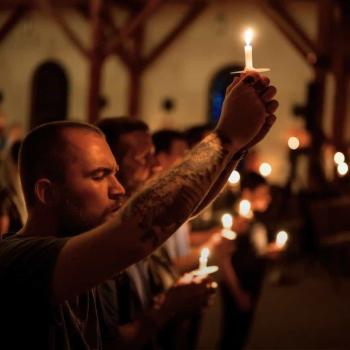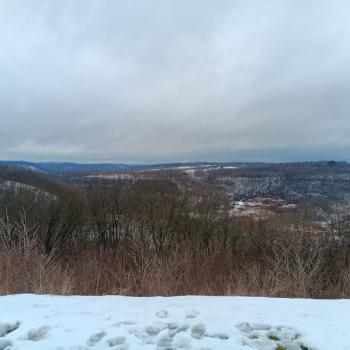Gregory the Wonderworker led his small church of 17 people through two persecutions and spectacular growth such that by his death all but 17 people in his hometown had converted-quite the work of wonder when you consider the pagan culture of that day. In that day, as today, becoming a Christian meant becoming part of the church, part of the community of faith that, in addition to being the body of Christ, is also the image of the Trinity on earth. In the New Testament book of Revelation, the Lord declares, "God's home is made among humans. He will dwell with them; they will be his people, and God himself will be with them." Yet while we are the home of God, we also read God described as our home. "I did not see a house in the city," Revelation says, "because the Lord God Almighty and the Lamb are now the house." The saints will dwell in God just as God dwells in them. This reciprocal indwelling of God and his glorified people is nothing less than the answer to Jesus' prayer he prayed the night before he died: "I ask that they may all be one, as you Father are in me and I am in you, may they also be in us."
The church exists in the image of the Trinity. Gregory the Wonderworker's concern with settling property disputes was not because Christians should never argue (what fun would that be?). Gregory's concern with settling disputes was because Christians should never divide. The Trinity is our identity. In Christ we are one. As Christians we have nothing in common save God the Father, God the Son and God the Holy Spirit. Therefore, we have everything in common.





